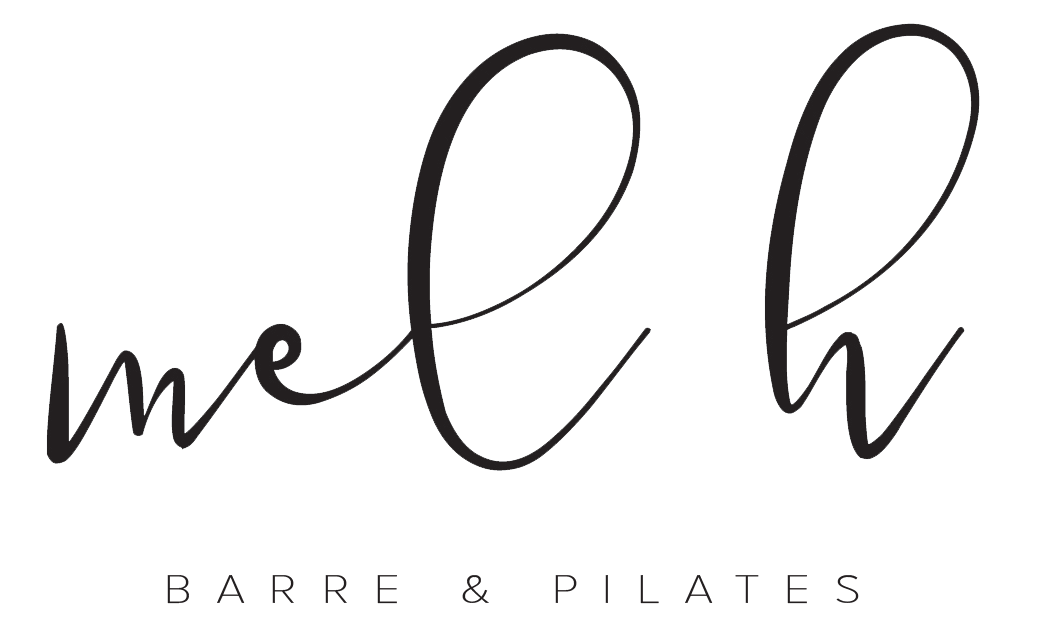As is common for a self-limiting belief (“I am not good enough”), my brain filtered out anything that contradicted it, while accepting and warping any input so it seemingly confirmed this belief to be true. Having this insecurity made me strive to prove to everyone that I was good enough, so they wouldn’t know ‘the truth’. Consequently, I received really high marks right through school, did well at most things I did, and if I wasn’t good at something I either avoided it, or gave it up.
Self-beliefs are built from an experience, or experiences. Our mind takes this information in, and as I said above, filters help to confirm it. Let me be clear, these are not facts, they are beliefs. But the belief can be so strong, the mind takes it as fact. It is easy for me to see looking back where this self-belief came from. I do not remember the first experiences that built it, but I will tell you a story which will show the source of it, and how this was ‘reconfirmed’ throughout life. In 4th form (Year 10) I got 99% for a practice School Certificate (Year 11) exam. I went home excited to tell my Dad that I had got the top mark, and a pretty impressive result, right? The first question out of his mouth, his first honest reactions was “What happened to the 1%?” This was a genuine question. He was not trying to be funny, or trying to get some sort of a reaction. He just looked at things differently and what he saw was that I got 1% wrong. I got something wrong. This comment was filtered into my brain to confirm that I was not in fact good enough. That even with such an outstanding result, the top in the school, it was not enough, I was not enough.
The ‘not good enough’ insecurity is common, many of us have this fear, and it plays out in different ways. In some respect, I was lucky that for me it played out to give me positive outcomes, to bring me success through high marks, scholarships, qualifications, good jobs, two businesses etc. However, it left me reliant on external achievements to ‘prove’ that I was good enough, rather than looking inwards and realising my self-worth. The thing is, the achievements are never enough, because the limiting belief tells me so. I was in constant pursuit of something I was never going to achieve. If I didn’t believe I was good enough, nothing I achieved was going to make me believe otherwise.
“I am not good enough” manifests in other ways to, for some this is with addictions (drugs, alcohol, food etc.) to numb the pain of not feeling good enough. Some put on armour, or barriers, not allowing anyone to get close enough, this way they aren’t hurt, by someone ‘realising’ they are not good enough. Seeking out praise is a common symptom here too, because one does not feel good enough for themselves, they will do things to seek out others telling them they are (like I mentioned earlier).
None of these things will work. All of these are symptoms of the self-limiting belief. They are masking the insecurity. Sadly, it is often only the symptom that is addressed; the addiction, relationship issues, working too hard etc. We need to take the mask off, and address the insecurity.
Some things you can do:
1. Identify the beliefs you have. This can actually be difficult for some, as they can be buried so deep, and woven within every thought pattern that it is hard to separate out as being a belief, not a fact.
2. Notice your negative self-talk. What are you saying to yourself? Try and write down what it is saying and this may help you identify these self-beliefs.
3. Practice Positive affirmations. If you know what the limiting self-belief is, tell yourself otherwise “I am good enough” “I am worthy” “I deserve…” These can be this simple or more specific. Keep them short, and have a few of them that you say to yourself regularly.
4. Routine. Add the positive affirmations to a routine; say them when you are running, maybe you sing them every time you shower, have them stuck to your bathroom mirror and read them when you brush your teeth. Practice these consistently by making them part of your routine.
If this is an area you need to address I encourage you to read more on this subject, engage in coaching (happy to discuss this with you, or find a coach that suits you!), or maybe for you it is counselling.
Once I took the mask off, and stopped just addressing the ‘overachiever’ I was able to really work on the cause. I was able to dig into the belief system I had built up, that I was not good enough. Doing this changed my world.
– I no longer seek approval from others, because I approve of me.
– I no longer need to have the continual external achievements, because I am the achievement myself.
How powerful is that? You are the same! We are all achievements, we are special, unique, and have the power to be all that we are and speak our truth.
What are your own reflections after reading this; Did something resonate? Do you know your own belief systems? Are you masking your insecurities? Feel free to email or private message me! I would love to hear your feedback.
Mel H x
Photo: me at my 6th birthday party.

